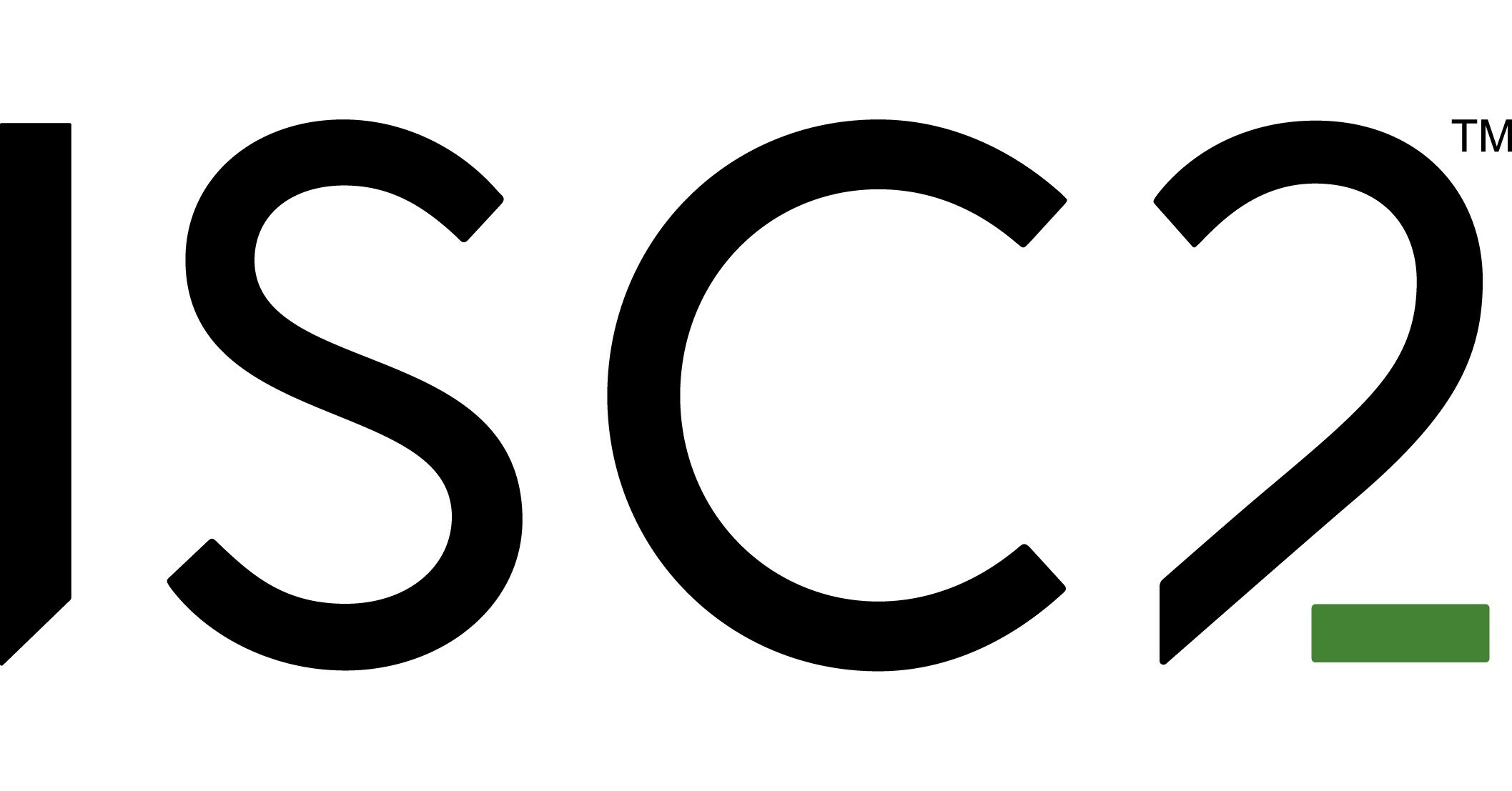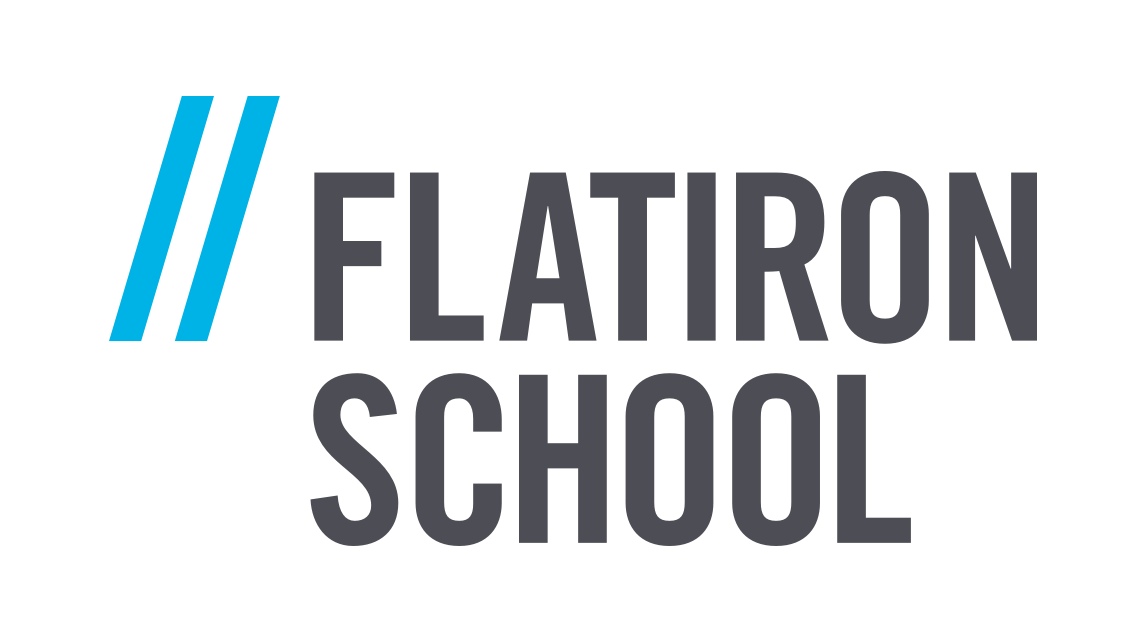- Home
- Cybersecurity, Stronger Together
- Explore
-
-
CYBERSECURITY
Cybersecurity qualifications unlock careers, prove expertise, drive innovation, and will shape the digital frontier in tomorrow’s AI-driven threat landscape.
Learn More
-
HOMELAND SECURITY
Homeland Security qualifications empower leaders, safeguard nations, advance resilience, and shape the next generation of defenders in an evolving global threatscape.
- Leadership and Management
- Emerging Technologies
- Medical Management & Prehospital Considerations
- Capstone
-
CPS PROGRAMS
George Washington University’s College of Professional Studies offers dynamic, career-ready courses in leadership, cybersecurity, CBRNE, technology, and public service—transforming professionals worldwide.
Learn More
-
REVU EXCLUSIVES
GW RevU’s growing number of exclusive courses offer a range of learning opportunities, from student success and introductory courses to cutting-edge courses about what is happening in the world now.
Learn More
-
-
-
- Cybersecurity
-
-
CYBERSECURITY
Welcome to CyberForge.
MISSION — GW RevU aims to be a prime resource for lifelong learners and employers offering interdisciplinary, career-focused credentials that support up-skill, reskilling, and society advancement.VISION — GW RevU envisions delivering innovative, flexible education that meets evolving workforce needs and to empower professionals with current, market- and needs-based skills.
Learn More
-
PARTNERS
-
Cybersecurity (Coming Soon)
-
CISSP (Coming Soon)
- Homeland Security
-
-
HOMELAND SECURITY
Chemical. Biological. Radiological. Nuclear. Explosive. WMDs. Asymmetric Threats.
The CBRNE-WMD credentials program is a robust training series designed to prepare early and developing professionals for the complexities of a dynamic and evolving threat environment. Three interdependent certificates that deal with policy, mitigation, and emerging threats will propel you towards an immersive capstone in Washington, D.C. and the next steps in your career protecting our nation.

-

CBRNE-WMD Leadership and Management
Gain strategic leadership skills to manage CBRNE-WMD incidents through legal frameworks, interagency coordination, and real-world case studies.
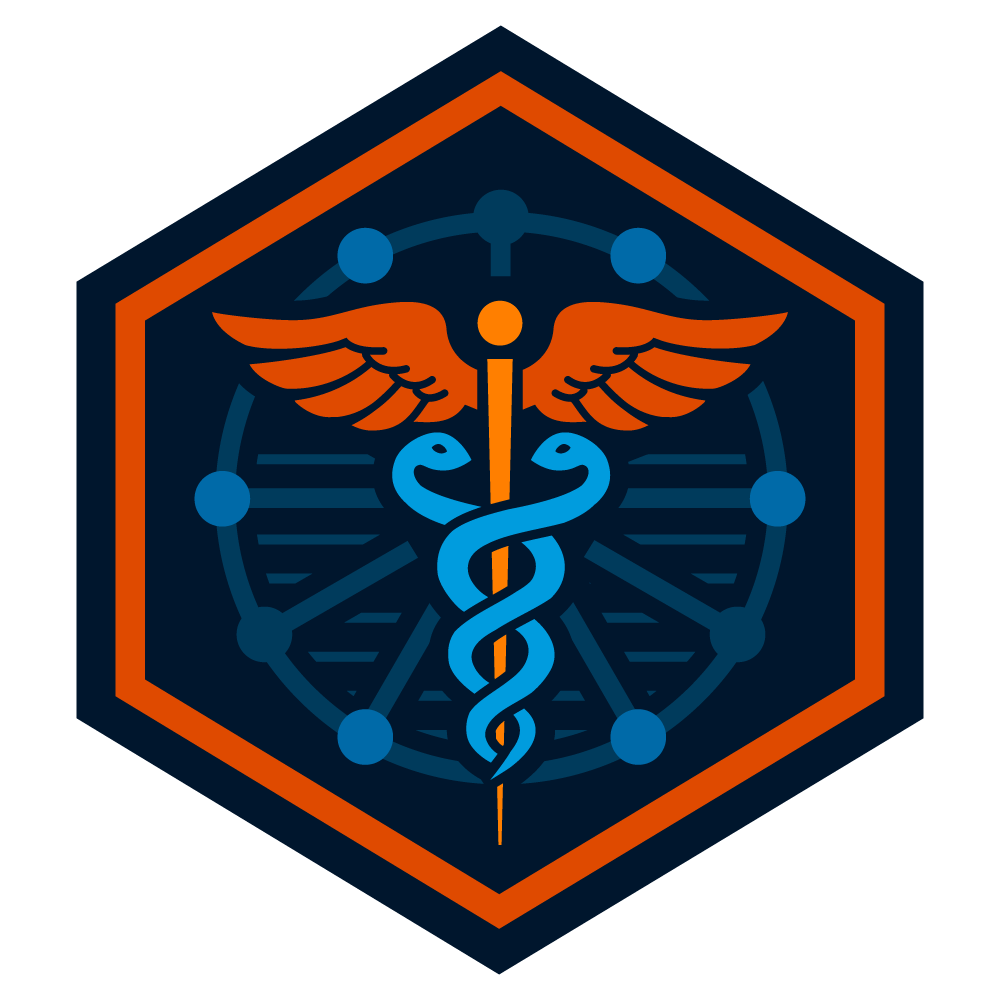
CBRNE-WMD Hospital and Pre-Hospital Management
Learn medical response skills for CBRNE-WMD incidents, including triage, decontamination, PPE, and early threat detection in mass casualty events.
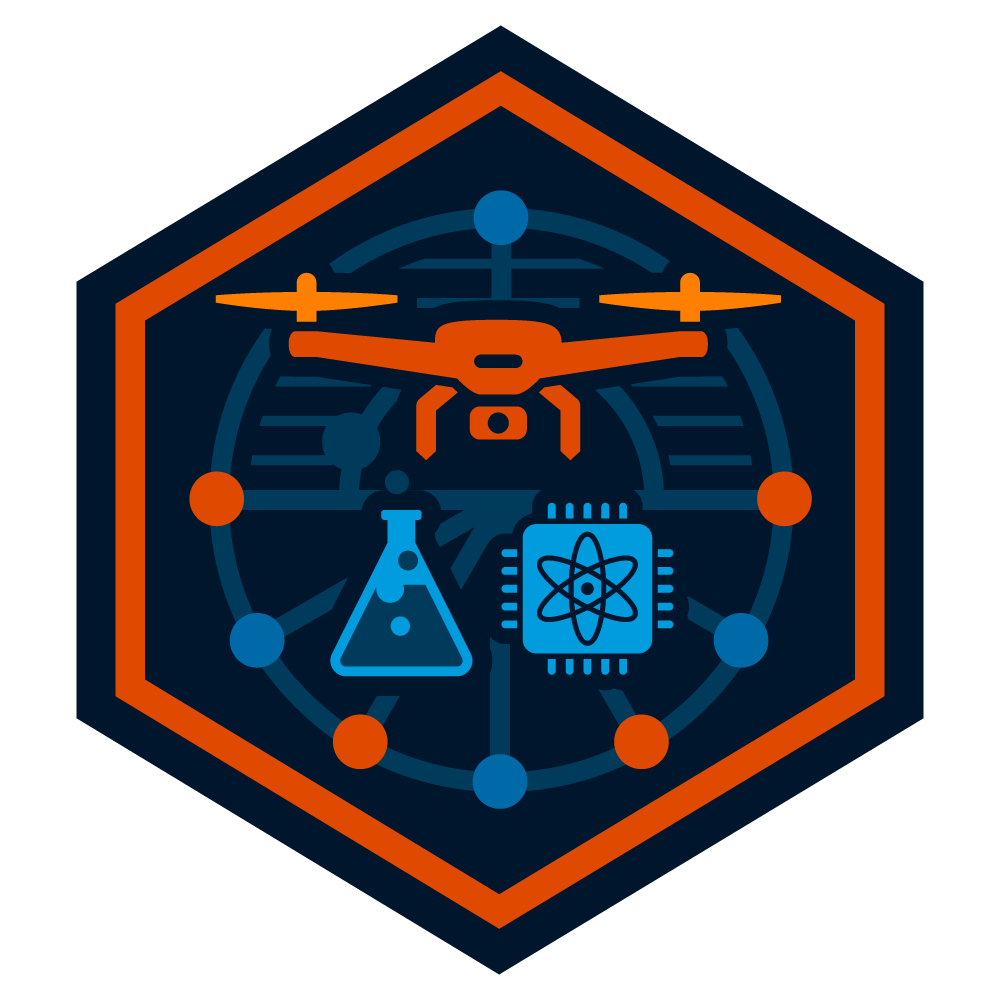
CBRNE-WMD Emerging Threats
Explore emerging CBRNE-WMD threats and technologies like AI and nanotech to enhance preparedness and response capabilities in complex environments.
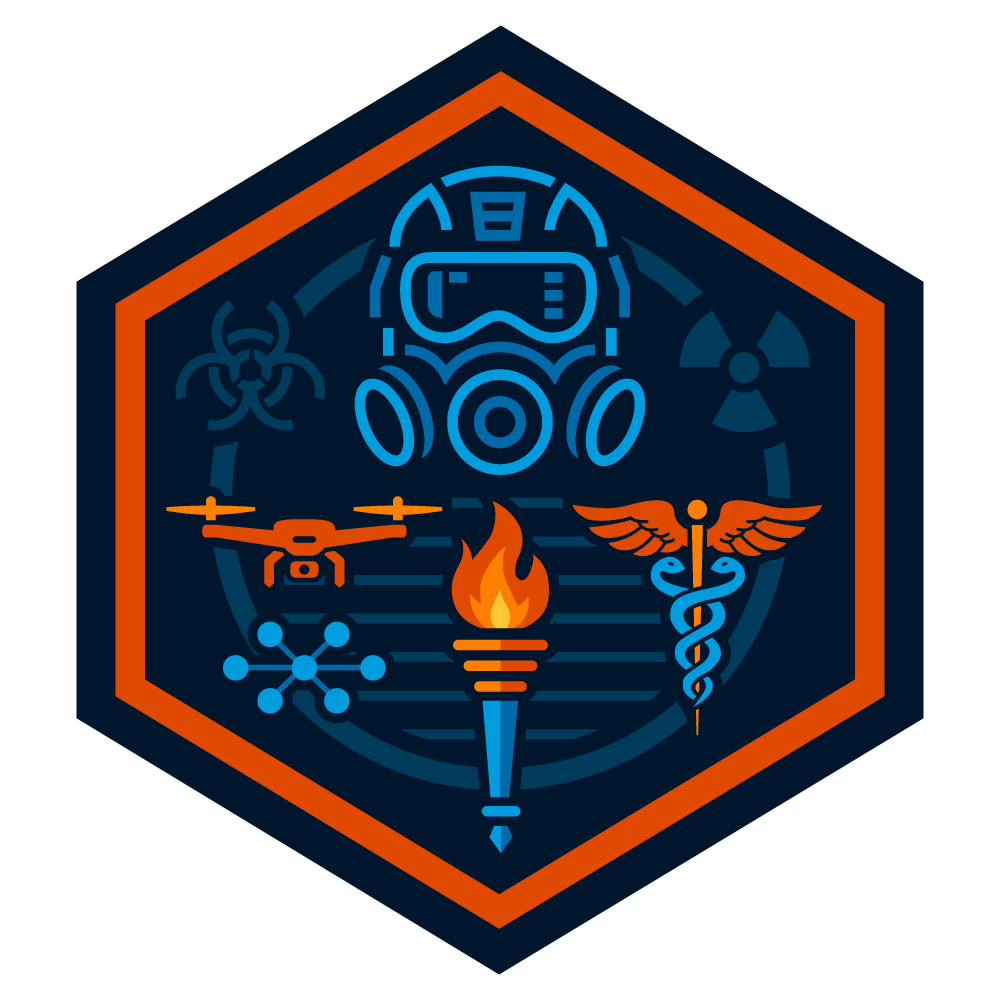
CBRNE-WMD Capstone Event, Washington, D.C.
Experience an immersive, high-intensity, and multi-modal exercise that reflects the dynamic asymmetric threats of the modern world. The Capstone Experience is an annual event that is available to students that have completed the other CBRNE-WMD credentials.
-
- Degree Programs
-
-
CPS Programs
GW’s CPS bachelor programs empower working professionals with flexible, real-world education—launching impactful, leadership-focused, globally-oriented careers.
Learn More
-
BACHELORS DEGREES
GW’s CPS bachelor programs empower working professionals with flexible, real-world education—launching impactful, leadership-focused, globally-oriented careers.
Learn More
-
POSTGRADUATE DEGREES
CPS’s postgraduate programs transformed experienced professionals into visionary leaders through immersive, real-world learning, powerful networks, and practical rigor across critical fields.
- Cybersecurity Strategy & Information Management
- Homeland Security
- Legislative Affairs
- Paralegal Studies
- Political Management
- Public Relations & Communications
- Publishing
- Sustainable Urban Planning
-
REVU EXCLUSIVES
GW RevU’s growing number of exclusive courses offer a range of learning opportunities, from student success and introductory courses to cutting-edge courses about what is happening in the world now.
Learn More
-
- About RevU
CBRNE-WMD Medical Management and Pre-Hospital Micro-Credential
Prepare to lead the charge in emergency medical readiness with our comprehensive course on CBRNE-WMD Medical Response and Pre-Hospital Considerations. This course explores the full spectrum of Chemical, Biological, Radiological, Nuclear, and Explosive threats, emphasizing classification, early detection, contamination challenges, patient assessment, decontamination protocols, and medical countermeasures. Participants will gain in-depth knowledge of agent-specific pathophysiology, triage systems like SALT and START, and the critical roles of PPE and scene safety. This training equips you with practical skills and decision-making tools to respond effectively to mass casualty incidents.
Start your journey toward becoming a CBRNE-WMD subject matter expert today.
Next Cohorts Start
March 30 and June 22, 2026
Pricing
Micro-Credential Cost: $399
- 10% GWU employee and alumni discount
- 10% discount for organizations that send three or more participants
- All-inclusive pricing—all readings, media, and platform fees included.
For questions about pricing and discounts, don’t hesitate to contact revu@gwu.edu for more details.
Registration deadlines
Registration Opening Soon!
For questions about applying or registration, don’t hesitate to contact revu@gwu.edu for more details.
WHAT YOU EARN
- 40 contact hours to apply towards your professional development
- The ability to critically assess complex problems involving emerging technologies
- Skills in crisis response, interagency coordination, and Co-op
- A digital badge, Continuing Education Hours, and a GW RevU Micro-Certificate
- The prestige that GW- and industry-certified credentials add to your CV
Visit the Continuing Education Hours page for more details about how GW RevU will support your professional development journey.

Learners Will Complete 40 Contact Hours “…we must develop the needed leadership to recognize and synthesize the complex and oftentime ambiguous CBRNE threat landscape…”
Bobby baker, CBRNE Training Specialist Global Security Division and Homeland Security advisory Panel memberApplication Requirements
To be eligible for the GW RevU Micro-Credential Program, applicants must meet the following minimum requirements.
- Academic and Professional Standing: Applicants must be in good professional standing and have been actively working in their field of study or service for at least two years.
- Professional Background: Candidates with relevant experience in fields such as healthcare, public health, emergency management, law enforcement, security, engineering, environmental sciences, elected officials, telecommunications, or any other discipline associated with private sector or governmental roles in CBRNE (Chemical, Biological, Radiological, Nuclear, and Explosive) threat detection, mitigation, or consequence management are eligible for consideration.
- Submission of Documents: Each applicant is required to submit a current resume outlining their professional experience. Additionally, a letter of endorsement from a supervisor or someone in their chain of command is mandatory to verify their qualifications and support their participation in the program.
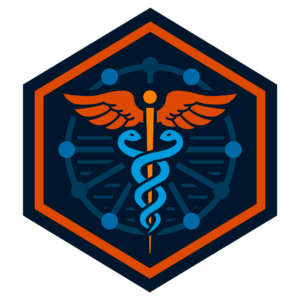
Tentative 2026 Credential Start Dates
- Offering 1: Monday, January 5th, 2026
- Offering 2: Monday, March 30th, 2026
- Offering 3: Monday, June 22nd, 2026
tentative 2026 Cohort Key Dates
Monday, January 5th — Start of CBRNE-WMD Medical Management and Pre-Hospital Credential
Synchronous Session Schedule Coming Soon!
Saturday, February 28th — Conclusion of CBRNE-WMD Medical Management and Pre-Hospital Credential
- Note: All materials and assessments must be completed by this date to complete the credential
Credential Specific Details
Our CBRNE-WMD Credential program is a collaborative online format that prioritizes an on-demand curriculum to fit into the busy lives of working professionals. Eight modules are spread out over the eight-week cohort; each module delivers approximately 5-hours of engagement. This credential will provide approximately 40 hours of learning, featuring videos, articles, websites, and other resources collected and developed by subject-matter experts across the CBRNE-WMD and asymmetric threat landscape. Their knowledge and skills will prepare you to be an effective and proactive leader when you find yourself in the action. No matter where you are, you can engage and learn.
In this experiential program, you’ll learn from a practitioner-based curriculum that delivers real-world skills and knowledge, including:
- Comprehensive Knowledge: Learn leadership strategies, emerging threats and medical response protocols in the context of CBRNE-WMD and asymmetric incidents.
- Practical Skills: Train in strategic planning, advanced technology application and medical countermeasures to enhance readiness for real-world CBRNE-WMD scenarios.
- Real-World Application: Complete a scenario assessment replicating actual CBRNE-WMD challenges, ensuring you can apply your learning effectively.
- Build Your Network: Each offering will be taught by experts from government, industry, and academia, who provide you with the most current and relevant insights to grow your skills and network.
You will complete 40 contact hours in this credential
Module 1: Introduction to CBRNE-WMD Medical Response
This module provides an overview of chemical, biological, radiological, nuclear, and explosive threats, emphasizing their unique exposure routes and health impacts. You will examine the distinct challenges of mass casualty incidents involving CBRNE agents and the critical role of early detection, responder safety, and decontamination. The content also introduces core principles of PPE selection, contamination control, and responsibilities of pre-hospital and hospital personnel. By the end of this module, you will have a foundational understanding of the threats and response considerations that should shape medical and operational decision-making, protective measures, and the safe coordination of patient care across pre-hospital and hospital settings.
- Apply principles of CBRNE casualty assessment to differentiate between types of exposures (chemical, biological, radiological, and nuclear) and their clinical implications.
- Critique an emergency response plan for a healthcare facility that includes PPE selection, decontamination zones, and staff safety monitoring.
- Demonstrate the ability to perform risk assessments and proper mitigation strategies for responder safety during the initial phases of a suspected CBRNE event.
- Assess the potential for, and consequences of, secondary exposure in hospital and pre-hospital settings, and apply risk-reduction strategies accordingly.
Module 2: High-Yield Explosives and Introduction to Medical Management
This session introduces students to the complex medical challenges posed by high-yield explosives (HYE) in mass casualty incidents. Emphasizing both pre-hospital and hospital-based response, it explores the diverse mechanisms of blast-related trauma—including primary, secondary, tertiary, quaternary, and quinary injuries—and the resulting clinical manifestations across multiple body systems. Students will examine critical conditions such as blast lung, traumatic brain injury, ocular and auditory damage, abdominal hemorrhage, crush syndrome, compartment syndrome, and thermal burns. The session also addresses injury severity assessment tools, wound contamination, and emergency stabilization strategies essential to saving lives in explosive incidents.
- Classify and explain the distinct injury mechanisms caused by high-yield explosives (HYE) based on pressure, debris, and toxic exposure.
- Assess victims of HYE incidents for signs of critical injuries, including tympanic membrane rupture, blast lung, abdominal hemorrhage, and traumatic brain injury.
- Apply initial triage and management strategies for complex injury presentations, including tension pneumothorax, globe rupture, and penetrating fragment wounds.
- Interpret clinical signs and imaging (e.g., butterfly pattern on CXR) for early identification of life-threatening blast-related injuries.
- Demonstrate knowledge of appropriate wound decontamination procedures and infection control, including tetanus prophylaxis.
- Identify criteria and risk factors for crush syndrome and compartment syndrome and propose evidence-informed emergency interventions.
- Utilize clinical tools such as the Rule of Nines and burn surface estimations to guide burn management and resource allocation during mass casualty incidents.
Module 3: Radiological and Nuclear Agents
The following module explores the complex health consequences and medical response strategies for radiological and nuclear attacks. Students will analyze the differences between radiological exposure and contamination, the unique pathophysiology of ionizing radiation injuries, and the operational implications for pre-hospital and hospital care providers. The session covers high-impact events such as dirty bomb attacks, nuclear detonations, reactor meltdowns, and radiological accidents, emphasizing both immediate and delayed effects such as acute radiation sickness (ARS), radiation burns, and internal contamination. Real-world case studies anchor the material in historical precedent, reinforcing lessons on triage, diagnosis, decontamination, decorporation, and patient management during mass casualty events involving radiation.
- Compare and contrast the effects of nuclear detonations versus radiological dispersal devices (RDDs) on human health and infrastructure.
- Recognize signs and symptoms of radiation exposure and ARS based on time of onset, clinical presentation, and dose thresholds.
- Differentiate between irradiation and contamination and implement appropriate decontamination protocols in a simulated mass casualty setting.
- Assess patients for internal contamination risks and outline pharmacologic treatment options for decorporation (e.g., DTPA, Prussian blue).
- Interpret the phases of ARS and correlate them to appropriate triage, monitoring, and treatment interventions.
Module 4: Chemical Agents, Part I
This session provides the first part of an in-depth examination of the clinical impact, diagnosis, and management of high-priority chemical warfare agents (CWAs), including nerve agents, cyanides, pulmonary agents, and vesicants. Students will explore each agent’s mode of action, symptom onset, and toxicological profile, while analyzing real-world challenges such as agent volatility, latency, and environmental persistence. Emphasis is placed on rapid recognition, field decontamination, supportive care, and the use of specific antidotes. Special attention is given to differentiating CWAs from one another and from other toxic exposures. By understanding both the unique pathophysiology and treatment strategies of chemical agents, students will be better equipped to operate effectively in contaminated environments and provide lifesaving interventions under austere conditions.
- Distinguish between nerve agents (e.g., VX, Sarin), cyanides (e.g., HCN, CNCl), and other CWAs based on presentation, latency, and symptom profiles.
- Apply principles of triage and immediate treatment using antidotes such as atropine, pralidoxime, sodium thiosulfate, and amyl nitrite in simulated chemical exposure scenarios.
- Interpret the physiological effects of cholinesterase inhibition and mitochondrial toxicity to guide diagnosis and care.
- Demonstrate appropriate use of personal protective equipment (PPE) and contamination control techniques in response to aerosolized or liquid agents.
- Assess patient presentations to differentiate CWA exposure from other toxic industrial chemicals or naturally occurring syndromes.
- Critically analyze case-based scenarios to select the most effective pre-hospital and in-hospital interventions for chemical agent casualties.
Module 5: Chemical Agents, Part II
This second installment of our examination into chemical weapons expands on prior content by focusing on pulmonary and vesicant classes of chemical warfare agents. Students will examine the clinical effects, mechanisms of injury, latency, and treatment considerations for agents such as phosgene, chlorine, sulfur mustard, lewisite, and phosgene oxime. The lecture emphasizes the diagnostic complexity posed by delayed-onset symptoms, respiratory compromise, skin necrosis, and ocular injuries, along with appropriate triage, decontamination, and management strategies in both field and hospital settings. Attention is also given to responder protection, symptom-based treatment, and the operational challenges of managing mass casualties in resource-limited environments. Students will gain critical insight into early diagnosis, protective measures, and the application of both symptomatic and specific treatments under CBRNE conditions.
- Distinguish between pulmonary and vesicant agents based on exposure route, latency, and symptomatology.
- Demonstrate proper decontamination techniques and responder safety protocols for highly persistent agents.
- Assess the need for airway management, oxygen therapy, corticosteroids, or supportive care in victims exposed to lung-damaging chemicals.
- Interpret clinical signs such as hemoptysis, pulmonary edema, bullae formation, and ocular burns to guide treatment and triage decisions.
- Apply specific treatments such as BAL (dimercaprol) for lewisite and avoid inappropriate agents (e.g., bleach for phosgene oxime).
- Develop an initial mass casualty action plan that prioritizes early diagnosis, decontamination, protective measures, and symptomatic care for chemically exposed patients.
Module 6: Biological Agents, Part I
This first lecture in a two-part series introduces the unique medical and operational challenges of biological weapons attacks). Students will examine how bacteria, viruses, fungi, and toxins have been weaponized to cause widespread illness, fear, and disruption. Emphasis is placed on the characteristics of biological agents, their methods of dissemination—especially aerosolization—and the principles of infectivity, latency, and environmental persistence. The session also explores epidemiological patterns that distinguish natural outbreaks from biological attacks, and the complexities of early recognition, diagnosis, and response. By understanding aerosol behavior, particle deposition, infection pathways, and infectious disease progression, students will build a critical foundation for assessing threats and planning for effective intervention in bioterrorism and warfare scenarios.
- Distinguish between replicating and non-replicating biological warfare agents and describe their respective transmission characteristics.
- Analyze aerosol dynamics and particle size distribution in determining agent infectivity and deposition in the respiratory tract.
- Assess the environmental stability of various biological agents and the implications for delayed diagnosis and secondary spread.
- Interpret the stages of infectious disease progression (e.g., incubation, prodrome, acute, decline, convalescence) to guide clinical and public health responses.
- Evaluate the operational and diagnostic challenges of a covert biological attack based on syndromic recognition and casualty patterns.
- Discuss limitations in medical countermeasures and highlight the urgency of rapid recognition and response to mitigate outbreaks.
Module 7: Biological Agents, Part II
This second module in the biological weapons series focuses on non-replicating biological agents used in warfare and terrorism, with a deeper look at botulinum toxin, staphylococcal enterotoxin B (SEB), and trichothecene mycotoxins. Students will examine the sources, mechanisms of action, clinical presentations, and treatment challenges associated with these agents. Emphasis is placed on early recognition, supportive management, and differential diagnosis based on exposure route and symptom progression. Through analysis of toxin pathophysiology—especially their effects on the nervous, hepatic, renal, immune, and hematopoietic systems—students will gain an understanding of how these weapons disrupt vital biological processes.
- Differentiate among biological toxins, including their source organisms, molecular structure, and replication potential.
- Interpret symptom patterns and syndromes associated with inhalation, ingestion, and dermal exposure to botulinum toxin, SEB, and trichothecene mycotoxins.
- Apply principles of emergency toxicology to initiate supportive treatment for patients exposed to biological toxins, including ventilation, hydration, and symptomatic management.
- Analyze mechanisms of toxicity such as synaptic inhibition, immunologic superantigen activation, and inhibition of protein and DNA synthesis.
- Assess public health and clinical response strategies for suspected biotoxin attacks, including use of antitoxins, decontamination protocols, and syndromic surveillance.
- Discuss limitations in medical countermeasures and highlight the urgency of rapid recognition and response to mitigate clinical consequences.
Module 8: Triage, Decontamination, and Further Education and Training
In the aftermath of chemical, biological, radiological, nuclear, and explosive (CBRNE) incidents, the timely and effective triage and decontamination of victims are critical to reducing morbidity, protecting responders, and preserving healthcare system capacity. This final module introduces students to the principles and practical challenges of medical triage and patient decontamination during mass casualty incidents. Students will explore real-world case examples, emerging triage strategies for complex coordinated terrorist attacks, and hospital-based decontamination protocols. Drawing from disaster medicine, military doctrine, and federal guidelines, this session equips learners with the skills to prioritize care, mitigate secondary contamination, and implement evidence-informed decontamination approaches in dynamic and high-threat environments.
- Categorize patients into triage levels using accepted systems and justify placement based on clinical indicators and resource constraints.
- Develop a triage and decontamination plan outline for a simulated CBRNE event involving hazardous exposures and limited responder resources.
- Assess a hospital’s readiness to receive contaminated patients and outline required PPE, staffing, and layout considerations for decontamination operations.
- Evaluate triage methods under conditions of high stress, insecurity, and evolving threat, drawing lessons from recent mass violence incidents.
- Apply zone-based contamination control principles to safely manage patient flow and reduce responder exposure risk during incident response.
Meet Our CPS Faculty
The College of Professional Studies and the Graduate School of Political Management feature world-class faculty with years of industry experience. Learn from top academics in their expertise as they deliver knowledge to enhance your understanding of election security.

Jeff Delinski
Director of Homeland Security Degree Programs; Assistant Professor
Elaine Lammert
Director of Homeland Security Continuing Education Programs; Associate Professor
Meet Our Industry Experts
Learn from top professionals in the field, including military veterans, emergency management experts, and specialists in CBRNE-WMD defense. These instructors bring a wealth of experience from government, industry, and academia, providing you with the most current and relevant insights.

Dr. Steve Medley
Managing Partner, Preston Solution & SupportThank you for your interest in the George Washington University’s College of Professional Studies. Please fill out the request for information form below, and we will be in touch shortly.
Loading…Thank you for your interest in the George Washington University’s College of Professional Studies. Please fill out the request for information form below, and we will be in touch shortly.
Request Information

Georgie
This AI chatbot provides automated responses, which may not always be accurate. By continuing with this conversation, you agree that the contents of this chat session may be transcribed and retained. You also consent that this chat session and your interactions, including cookie usage, are subject to our privacy policy.
-
-
-

